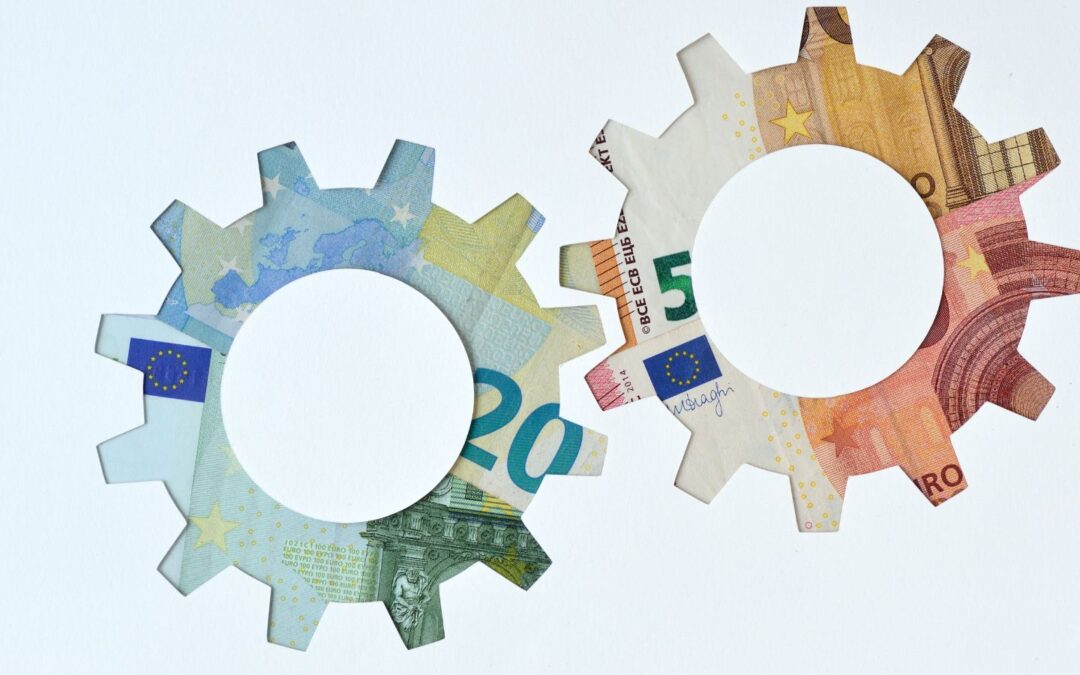
by Jordi Schröder Bosch | Apr 3, 2024
The European Central Bank (ECB) points to wage developments as a cause of concern, arguing that it jeopardises their capacity to reach their inflation target of 2%. This is an unfounded fear, as current wage trends are a natural development against the backdrop of the recent energy shock. Being guided by this concern, the ECB is erring on the side of too tight for too long.
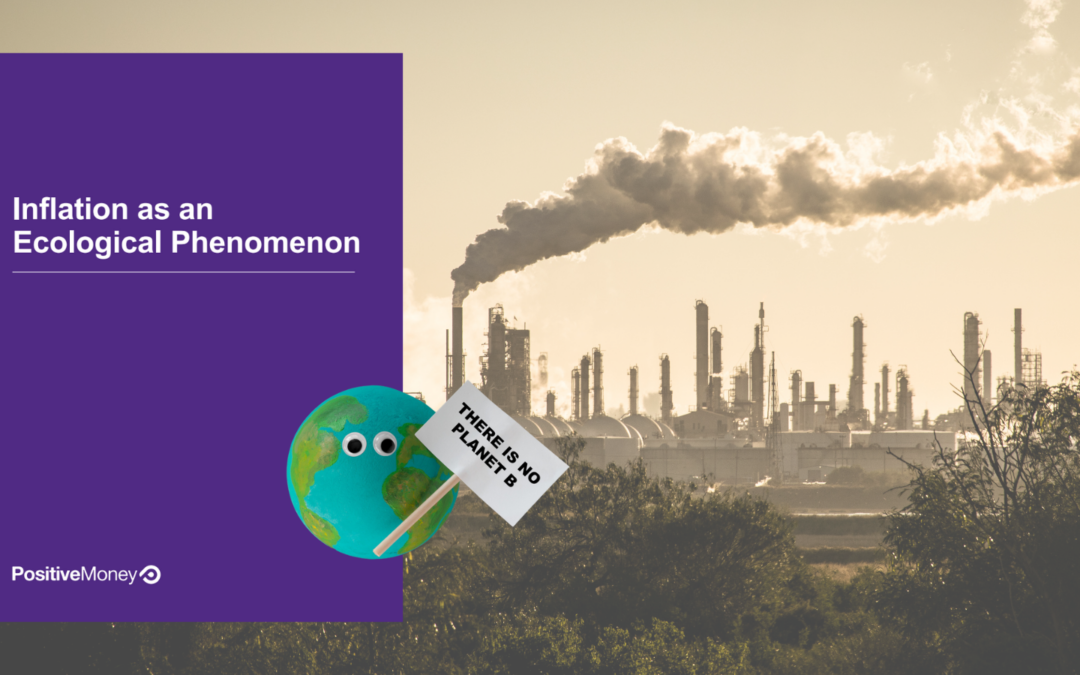
by Positive Money Europe | Feb 13, 2024
We are excited to share our latest policy report, co-authored with Grantham Research Institute: ‘Inflation as an ecological phenomenon’. The report shows clearly how the planet’s worsening environmental situation and a reliance on fossil fuels both contribute to rising prices.
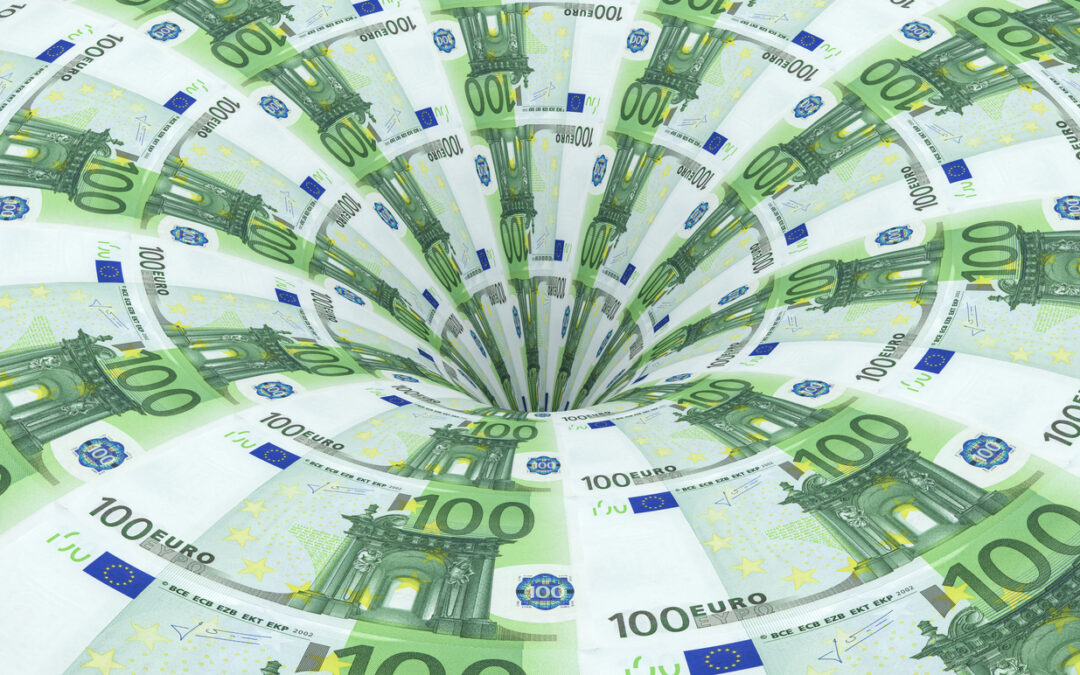
by Positive Money Europe | Nov 20, 2023
Windfall profits for banks are the consequence of ECB rate hikes.
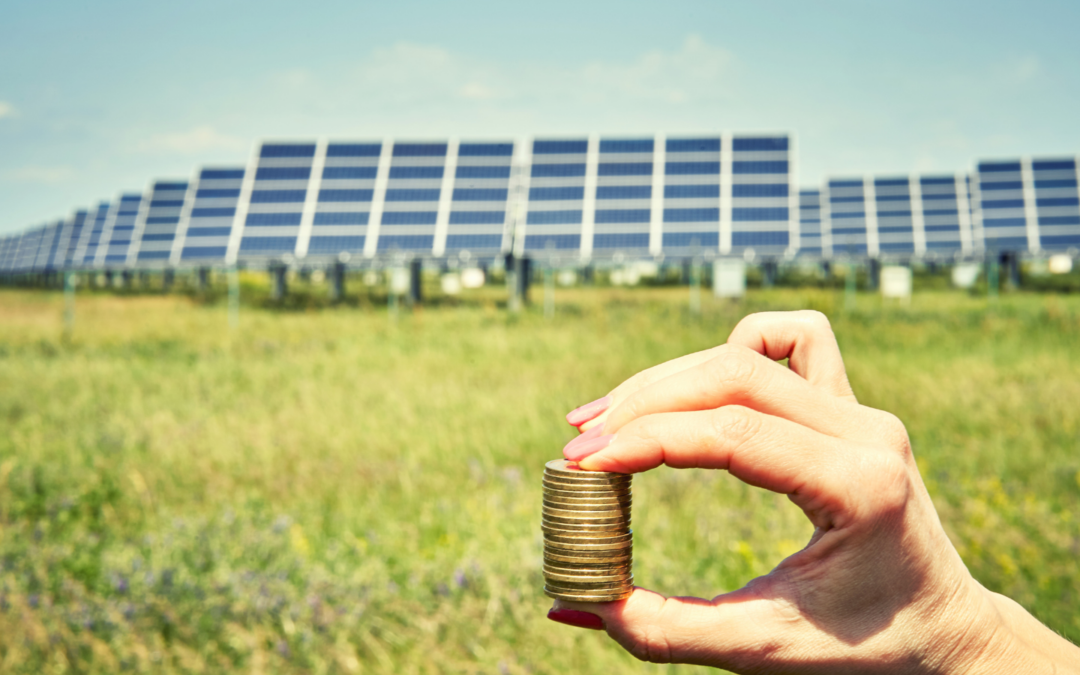
by Serena Di Luccio | Oct 25, 2023
There is evidence that the decision by central banks to raise interest rates is already slowing down investments in the renewable energy sector, thereby undermining the green transition. This is in direct contradiction to the latest climate stress test of the European Central Bank (ECB), which calls for a faster switch to a greener economy. It’s time for the ECB to rethink its approach, as opposed to raising interest rates without regard to the outcomes.
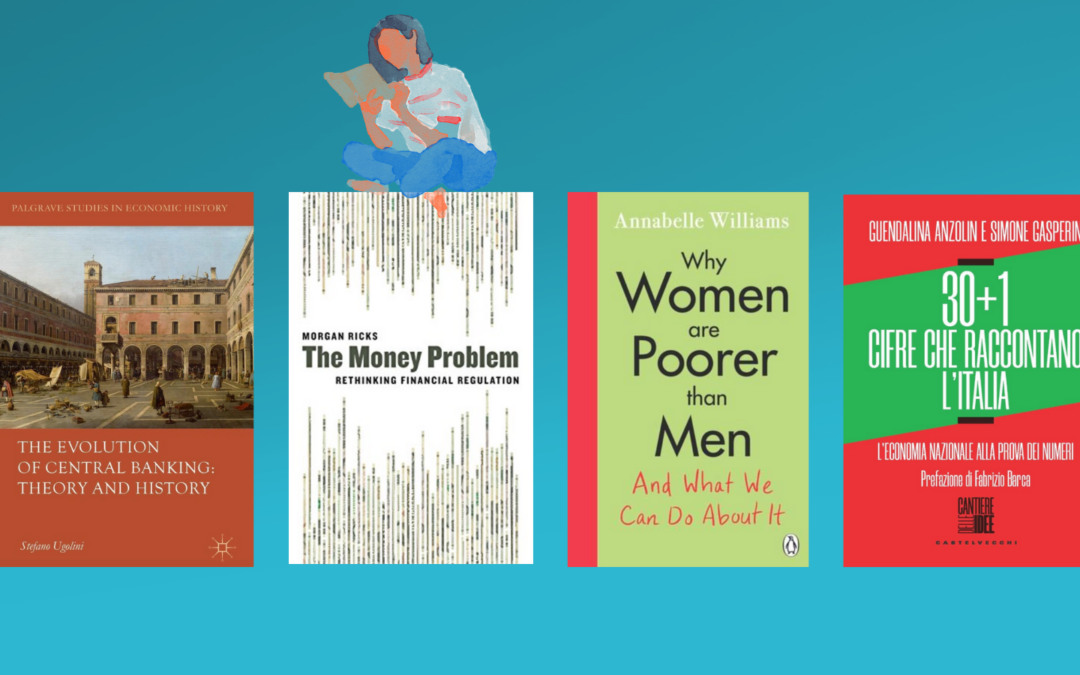
by Positive Money Europe | Jul 31, 2023
Our carefully curated list of books, explored by the Positive Money Europe team, for the summer of 2023
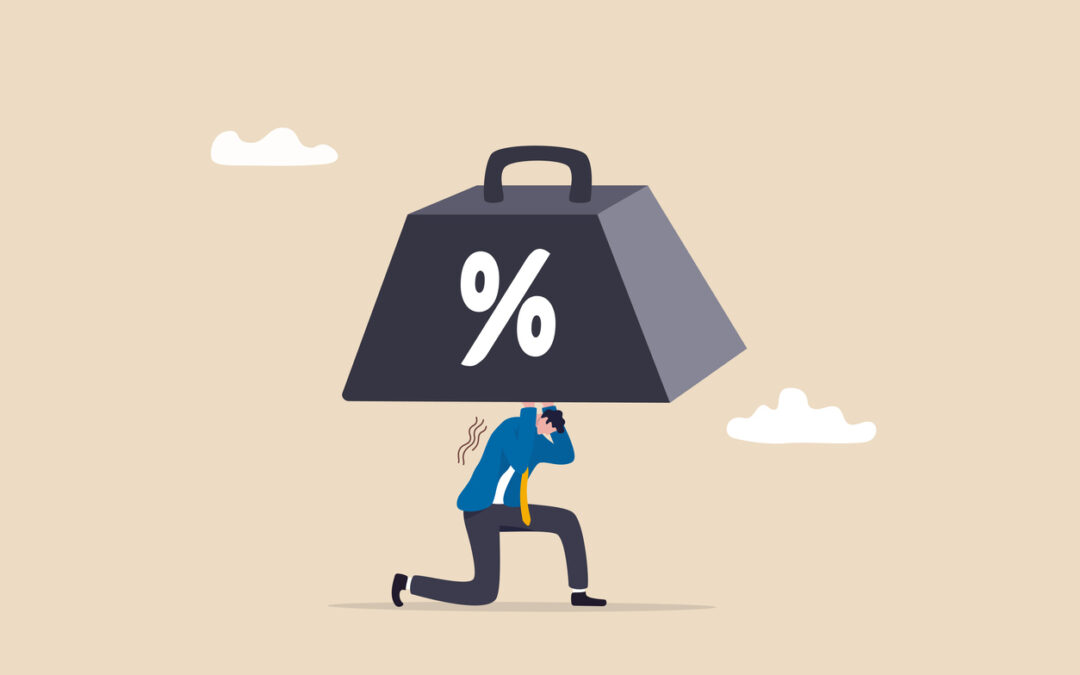
by Jordi Schröder Bosch | Jul 26, 2023
On Thursday, the European Central Bank (ECB) will add 25 basis points to the largest rate hike in the European Monetary Union’s lifetime.






